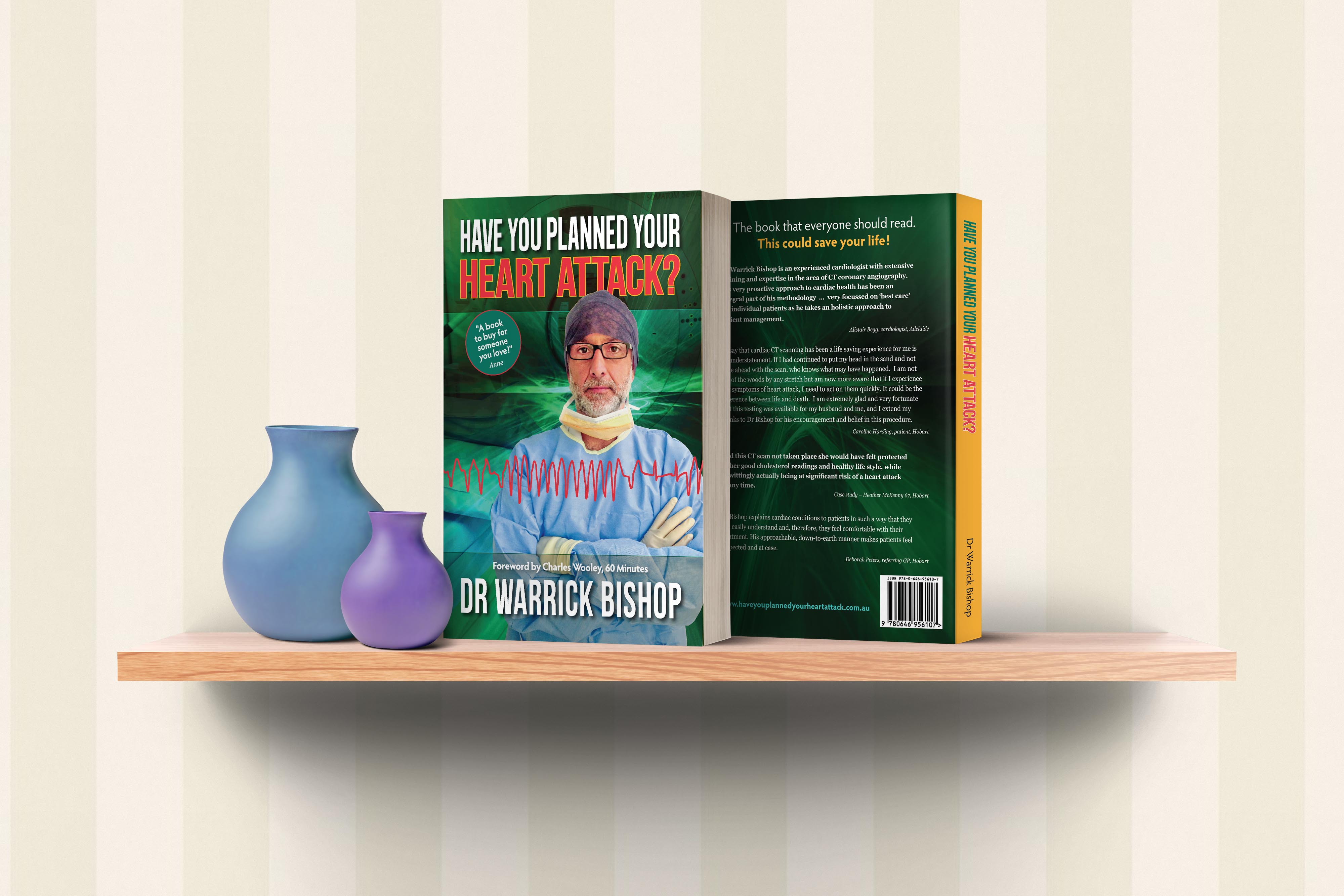One of the biggest developments in medicine promises to dramatically decrease the number of people dying from heart attacks. Why This Is Important Until now, doctors have been using indirect indicators, such as high cholesterol, high blood pressure, diabetes, smoking, lack of exercise and poor diet, to make a prediction on your chances of suffering from cardiovascular problems. These predictions are based on population studies - for example, if you have high cholesterol, then you have a raised risk of a heart attack, based on an average of people with high cholesterol who've had heart attacks. This way of predicting risk is wildly inaccurate. High cholesterol is no guarantee that you're in for heart problems, for instance. It also leads to an under-prediction of risk in high-risk groups and an over-prediction in low-risk groups. Who Should Be Screened? Dr Bishop sayst hat those with a family history of early onset cardiovascular problems should already be speaking to their doctor regardless of age. Otherwise, men should do this as they approach "intermediate risk", which is around 50 years of age. Women should get a test at 60. Their risk is 10 years behind men's because female hormones tend to protect against plaque. These decline after menopause.  Read full article
Read full article

Comments are closed







